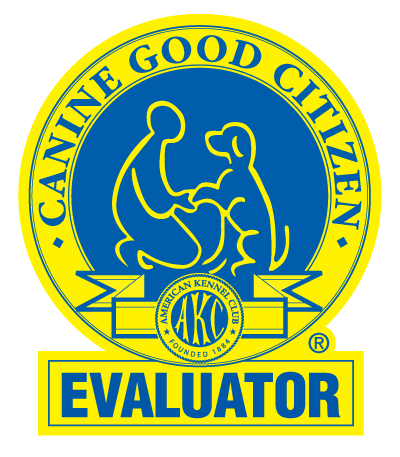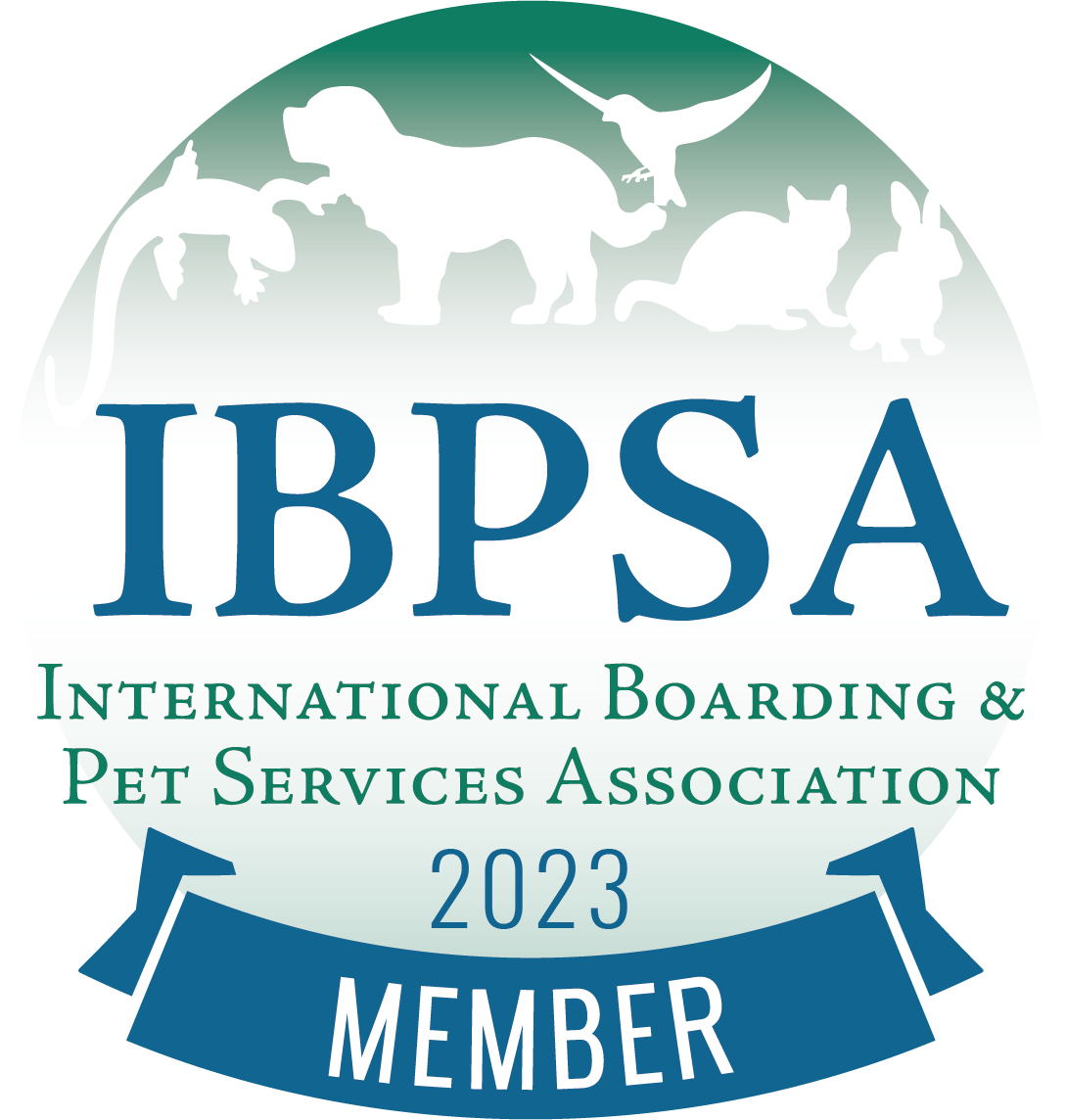With flu season approaching for humans – we thought it would be important to bring up Canine Influenza (or dog flu). Unlike the flu, however, canine influenza is year-round.
What is it?
According to the American Veterinary Medical Association (AVMA), Canine Influenza (CI) is a highly contagious viral infection that affects dogs primarily. It is transmitted through barking, coughing, sneezing, and contact with contaminated objects. Just like the human flu, it mainly targets the respiratory system. It is a contagious illness that could rapidly spread and cause dangerous symptoms for your pets.
Symptoms
Symptoms vary depending on the severity of the infection and pet. If you suspect your dog or cat may have caught Canine Influenza – take them to the vet. The only way Canine Influenza is able to be detected and diagnosed(accurately) is through a PCR test.
These are the symptoms to look for:
- Cough (persists for 10 -21 days).
- Nasal and/or ocular discharge (commonly caused by secondary bacterial infections).
- Sneezing.
- Lethargy.
- Anorexia.
- Fever (104-106°F).
If left untreated, it could develop into pneumonia, which could lead to death if not taken seriously.
Treatment
As mentioned earlier, take your pet to the vet as soon as possible to prevent Canine Influenza from worsening and potentially developing into pneumonia. The average recovery rate for it is 2-3 weeks without the addition of a secondary bacterial infection. Treatment varies depending on your dog and the symptoms present.
According to the AVMA, Canine Influenza has caused fatalities in rare cases and is usually combined with some other risk factor such as age, immune weakness, or other breathing concerns.
Prevention
- Disinfect surfaces and anything pets can touch regularly.
- Humans should wash their hands after handling pets and after disinfecting areas.
- Keep your pet isolated if you suspect of the illness (preferably with a separate air supply).
- Take your pet to the vet as soon as you notice symptoms/unusual behavior.
- Consider getting a vaccination for your pet.
How We Handle Sick Pets
At PawHootz we take your pet’s health very seriously. When a pet at our resort shows any symptoms of illness, we take action by:
- Disinfecting contaminated areas immediately.
- Isolating the infected pet from other pets (We have a designated quarantine room).
- Quarantine room gets fogged (air disinfectant) 3 times a day.
- When the pet is relocated (for potty breaks usually), we immediately disinfect areas the dog has been in.
- Our employees wear gloves and disinfect door handles frequently. Usually one employee handles the sick dogs to prevent the spread of infection.
- A manager is always notified.
- Inspecting and noting your pet’s symptoms.
- Notifying the pet parent – from here the parent will make a decision on the next steps.
When symptoms are life-threatening, we immediately take them to the vet. However, if symptoms are not as severe, we notify the pet parent and wait for their instructions.
For more information on Canine Influenza, visit the CDC.
Contact Us
Learn more: www.pawhootz.com
Email us: play@pawhootz.com or call us at 817-498-6410, too!
Make an appointment with us: https://pawhootz.com/make-an-appointment/



